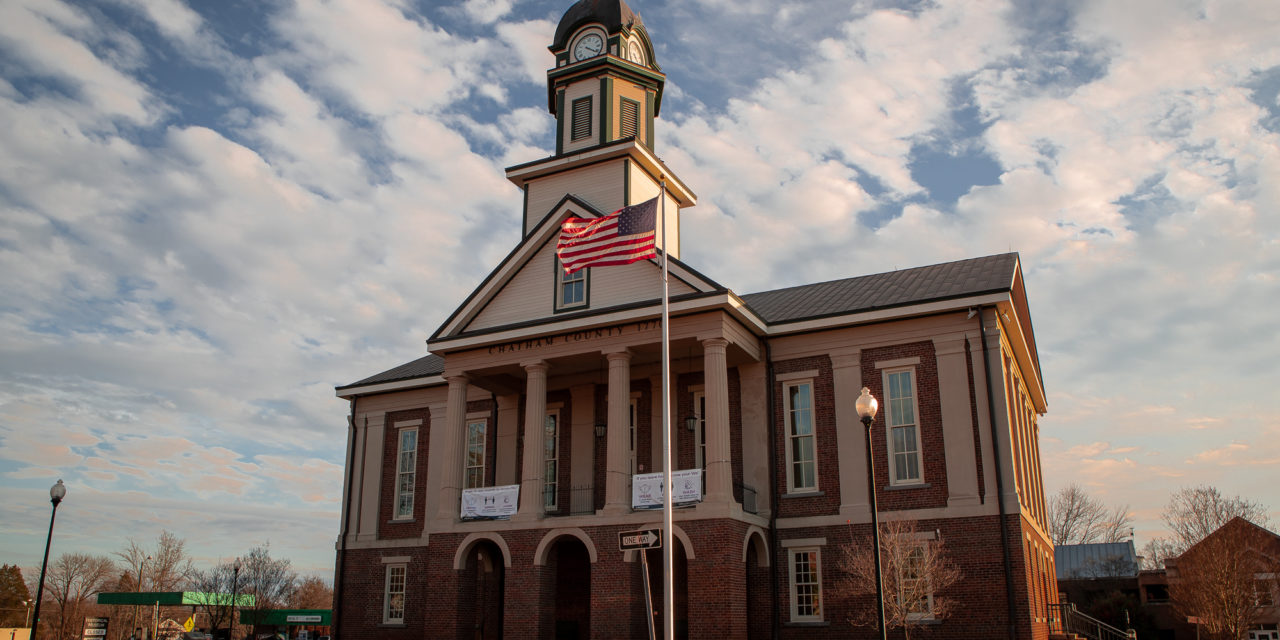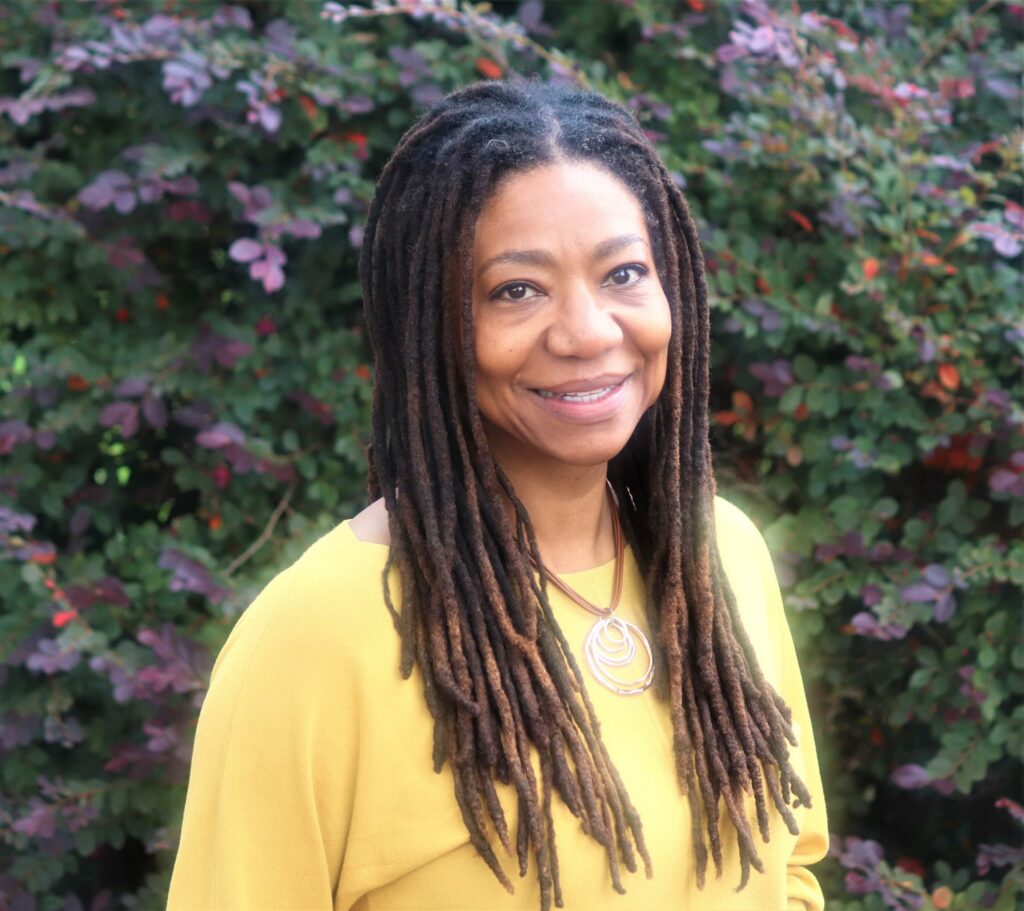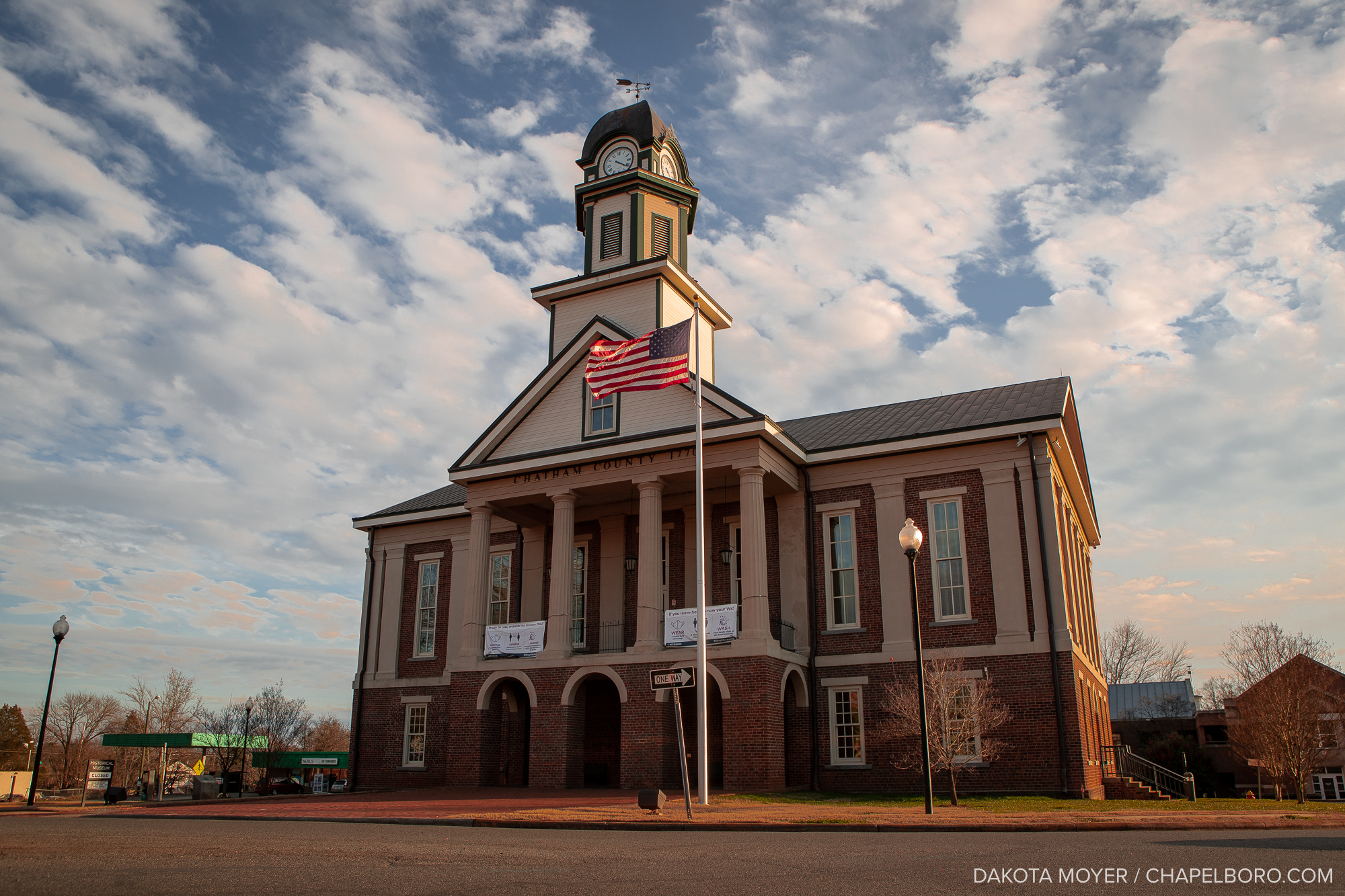April is a busy time for local governments, as they work to finalize and approve budget plans for the upcoming fiscal year. In a growing community like Chatham County, it can be even busier based on ongoing and future projects.
Chair of the Chatham County Commissioners Karen Howard joined 97.9 The Hill’s Andrew Stuckey for the latest edition of the “Chatham County Roundup” on April 4. She brought updates on the Moncure Area Plan, as well as shared the importance of hearing from community members through surveys about the county’s Farmland Preservation Plan. But first, Howard shared a report on budget discussions and her approach to integrating policy talking points into the county’s spending plan.
Click here to listen to the full conversation.
Karen Howard: It’s budget season, so we are definitely going through our budget process. [We’re] getting some updates from staff over the next week or so before we start the deliberations on our budget. We are going to be setting our agenda on Monday, and we have our agenda review, and I know that with a fairly new board, three of our board members have been on the board two years or less. It’s a little more challenging for them to get their head around the depths and breadths of a county budget. So we are taking some time to go through things a little more, not line-by-line, but closer to that than we have over the past couple of years. But we’re also making sure that we are aligning our budget with our priorities, right?
We set out these priorities and in our annual retreat, and they are aligned with Plan Chatham, and we want to make sure that our spending reflects what we have said were our priorities for the year. So we actually start the real budget work in May, but I should say our staff has been working on the budget work for almost a year. I know that we have a lot of expansion items, we have a lot of growth happening around the county as you well know. And we need the staff to help meet that demand, but it’s sort of the chicken and the egg. A lot of this growth and the pressure is happening on the backs of residents that are here now.
So we want to mitigate that to the greatest extent possible so that we are not unduly burdening current residents for the benefit of Chatham County’s collective future. Which can be a fine dance, right? We have to make sure that we are meeting our obligations, we’re bringing on staff so that planning is able to do its job so that our employees are not overextended. And we also have to think about being competitive. We have surrounding districts that are sometimes able to offer more competitive salaries, so we have to stay on top of that, and it can be a challenge in a growing county like Chatham.
Andrew Stuckey: When you talk about aligning the budget with your priorities and values, what does that actually look like on a policy level? I know we are not into that conversation until May, but if you could kind of speak a little bit hypothetically about how you actually translated that into real action.
Karen Howard: The school district comes to us and they talk about their needs. And a strong public education system is one of the top priorities for Chatham County’s budget. It has been for many years. So hearing what the school’s needs are, what their challenges are, what the state budget is looking like, that is one way you can look at how we really expend our local dollars on education and alignment with our goals. But also things like employing a well-educated staff. So how we’re investing in staff, infrastructure, libraries. The sheriff’s department has needs that are becoming more challenging because going into the public office, the sheriff’s office is not as high a demand job as it had been in the past.
It’s harder to get people interested. So we’re looking at salaries, we’re looking at recruiting opportunities. We have a number of projects that are on the horizon in our budget. So we look at our CIP and we think about how are we balancing our expenditure around the county? Investing in parks and recreation, investing in all of the things that a growing community is asking for. We are thinking about how we expand library services. We know that we have growing populations in parts of town and there’s additional pressure there. So just really looking at all of the things that we’re already doing and where the pressure is because of growth and demand, and how are we investing in the things that we have said were important.
And again that comes back to part of what we’re looking at right now is. How do we fund and really put into place a Farmland Preservation Plan that is meaningful and impactful for a community that has said it’s rural character is important, for a community that understands the importance of preserving agricultural land for the benefit of the whole, but also allowing farmers and those in the agricultural space to make a real meaningful living, as it becomes more challenging to own smaller farms? There’s so many moving pieces, which again, is why I said it can be a challenge with a fairly new board to get ahead of all of the issues that have to be thrashed out in order for us to arrive at a budget that reflects the needs and demands of a growing community.
Andrew Stuckey: You mentioned the Chatham County Farmland Preservation Plan a little bit at the end there, and I did want to talk about that a little bit more. I understand that there are some survey opportunities for community members who might be affected by this. What can you tell us about that?
Karen Howard: We are sort of in the middle of that developing the [new] Farmland Preservation Plan. We have a university helping us develop the plan, and they are now seeking input from some stakeholders. And that’s so critical. The input from the people who are most directly affected and who are the experts in that space is really going to help guide how the plan evolves and what is the best plan. There are a multitude of options that are going to reflect a lot of different communities, but what is the plan that would really reflect Chatham County and our intention to preserve agricultural land in a way that supports the farmers and access to agricultural land for us going forward?
I’ve said this before and I’ll say it again: once you develop land, it never goes back. So the extent that we can preserve our agricultural land so that we can have access to fresh food and vegetables, and also that farmers have access to markets is critical now in a rapidly growing community where the demand for land for the highest and best use to us might not always be the highest and best use for landowner. So we really need to get our heads around how we can take steps now to ensure that we have access to agricultural land for a long time.
Andrew Stuckey: I wanted to check in to see if there’s any progress on the Moncure Area Plan or any of the other major development projects. That’s the one that comes to mind that seems to have the most action around it at the moment.
Karen Howard: That’s probably a good one to check in on because there are community conversations happening. There was already one community meeting for the UDO consultants to get input from the community. There are two more opportunities coming up. We are trying to have one or two commissioners at each of those meetings because we don’t want it to become a public meeting, but we also don’t want to unduly influence the conversation. I think it is an opportunity for the community to hear from the experts, to hear from the consultants, and to give input. What does a more developed Moncure look like? I think between the input from the community, the vision that we have from Plan Chatham and the expertise from our UDO consultants, I think we can end up with a really powerful plan that guides development in a way that respects the community as it is now, but also embraces the future that is more inclusive and allows for opportunity for young folks to stay and live and work and play in Chatham.
Chapelboro.com does not charge subscription fees, and you can directly support our efforts in local journalism here. Want more of what you see on Chapelboro? Let us bring free local news and community information to you by signing up for our biweekly newsletter.




